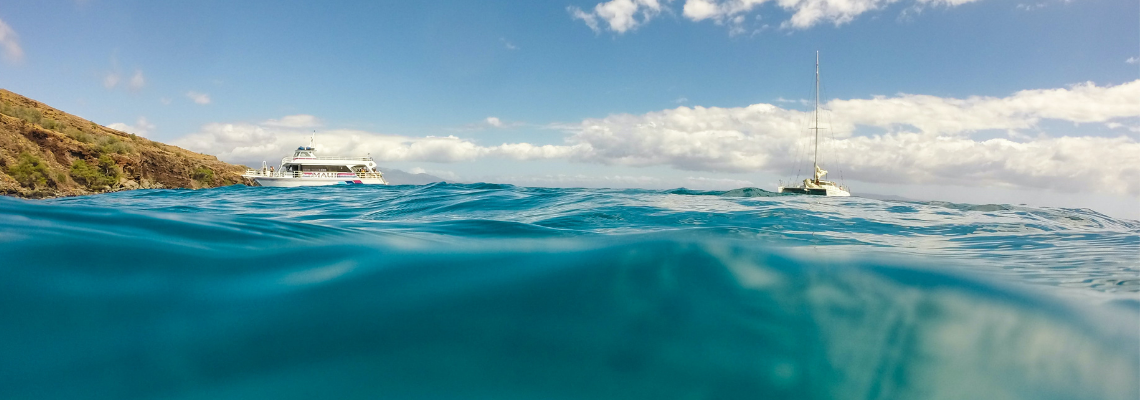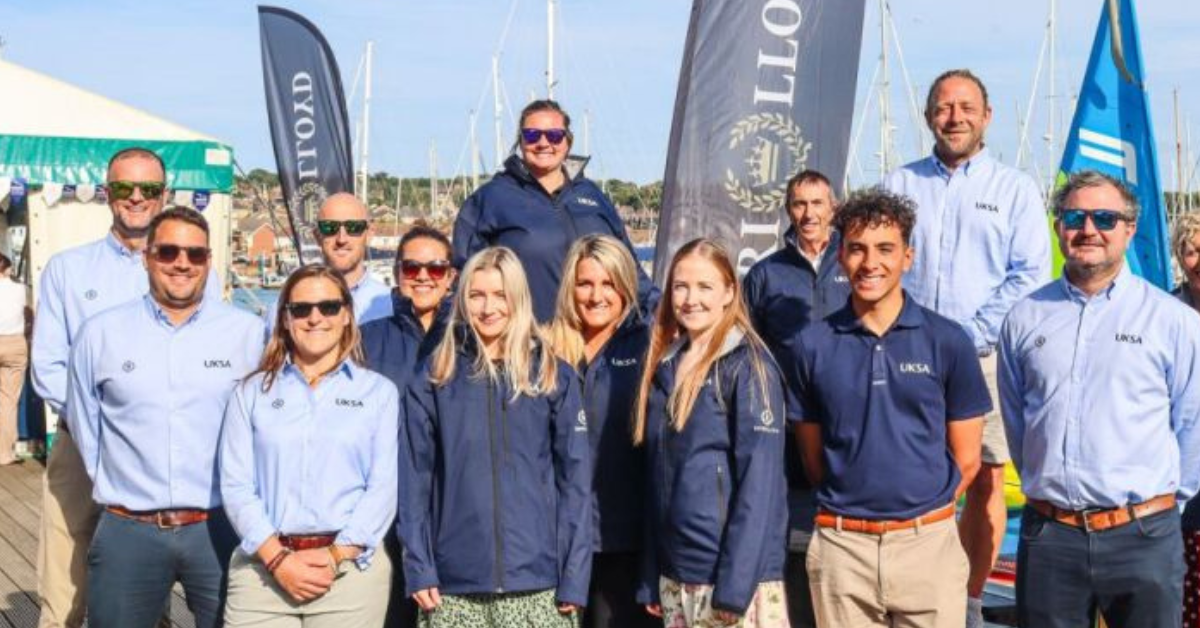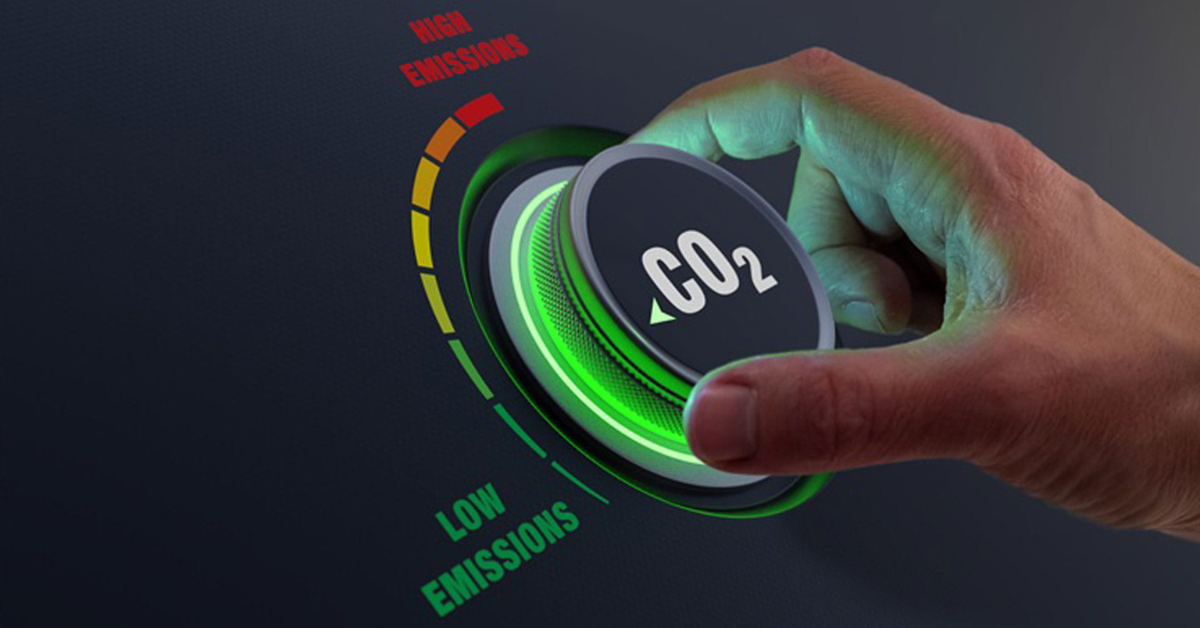The impact of the EU Green Deal on the leisure marine industry
 Peter Franklin
Peter Franklin
Dutch politician Frans Timmermans is Executive Vice President to the European Commission with specific responsibility for enacting the ‘European Green Deal.’ What is this all about, and how is it likely to affect the recreational boating industry and its community of end-users?
In her very detailed ‘mission letter’ (a kind of job description) written to Timmermans upon his appointment in 2019, the Commission’s President Ursula von der Leyen, spelled out the overall challenge as follows: ‘Protecting our planet and our shared environment is our generation’s defining task. It is an urgent moral, human and political obligation, which Europeans have resoundingly told us they want their Union to fulfil. It is also a long-term economic imperative; those who act first and fastest will be the ones who grasp the opportunities from the ecological transition.’
‘The European Green Deal should become Europe’s hallmark. At the heart of it is our commitment to becoming the world’s first climate-neutral continent. It will require collective ambition, political leadership and a just transition for the most affected.’
18 months later, in July of this year, Frans Timmermans presented the European Commission's ‘Fit for 55’ plans, aiming to reduce emissions by 55% from 1990 levels by 2030. This target has already been ambitiously stretched from the original goal of 40%. And in addition, the Green Deal proposal states that the continent must be climate neutral by 2050. Quite a challenge, and one that will involve every sector of industry, households, transport, and of course recreational boating.
The total of the new ‘Fit for 55’ proposal runs to many thousands of pages, so it’s not something you can completely summarise in a blog post, and I’m not even going to try! However, I did attend a 2-hour explanatory webinar hosted by ABN Amro Bank, and made a few notes.
‘Fit for 55’ - Key points
Although I didn't see any direct reference to recreational boating during the webinar, I think it’s fair to say that the directives and policy decisions which will be implemented for industrial, transportation and shipping sectors will cascade down, and undoubtably affect everyone who owns or operates a leisure boat; as well as all the services that support them such as marinas, charter companies, and of course boat builders and marine equipment suppliers.
As we all know, the main driver behind the policy is to address the challenge of climate change, and therefore the most significant contribution towards meeting the required emission reduction targets is the ‘energy transition’; basically, moving away from non-renewable fuels and their associated carbon pollution. Also, the strategy relies heavily on improvements in energy efficiency, in order to significantly reduce overall fuel consumption and emissions.
Just to put all this into perspective: The 1990 benchmark level for EU States (which has been used to set reduction targets,) was 5 billion tons of greenhouse gas emissions. The original target was to reduce this by 20% by the year 2020, and this has been achieved by reducing to around 4 billion tons currently. However, looking objectively at a pathway to net zero by 2050, Timmermans has updated the plan with a more ambitious target (in order to meet the terms of the Paris Agreement.) Hence the significantly increased hike from 40% to 55% by 2030, which is just 9 years away. And already, there is an admission that we are not even currently on track to reach the 40% target…no pressure then Mr Timmermans!
What strategies might impact the future of boating in Europe?
In order to achieve the Green Deal targets, several ‘Energy Transition Focus Points’ have been identified in the plan, and some of the technological developments around these are already evident in the boating world. We see this particularly at the upper luxury end of the market for instance in Superyachts, and in some of the new innovative ‘eco-friendly’ models coming to market. Here are a few of the plan’s documented ‘key themes’ which I believe will continue to drive innovation within our industry:
Hydrogen: Promoting and fostering cross industry initiatives. -> Bound to bring more developments to the boating world.
Fuel Cells: Research on diverse applications in both the maritime and automotive industries. -> Should also cross over as propulsion / energy alternatives for recreational craft.
Electrolysers: Continued research and cooperation with diverse electrolyser technologies. -> Likely to ultimately lead to more widely available hydrogen as a sustainable fuel at lower cost.
Energy Storage: Extensive market research on the electric vehicle (EV) and stationary battery sector in general industry. -> This will undoubtably lead to further improvements in battery energy density, power to weight ratios, and hopefully improved life cycle outcomes. Electrification is already well underway in the boating world, and the ongoing influence of the EU Green Deal will surely help to keep the rate of progress going strongly.
Alternative Fuels: Ongoing capital raising, dialogue and support for synthetic fuel and biogas investors, and a strong relationship with European developers: -> The internal combustion engine is not going away, even by 2050. Therefore, continued development and cost effective availability of more sustainable alternative fuels will be an important part of the equation. For millions of boat owners who are unlikely to upgrade to zero emission powertrains during the remaining life span of their boats, it could be the only way to be a part of the solution…
METSTRADE - Supporting the Green Deal.
In our own way for many years, we have been encouraging discussions, exchange of ideas, and innovative developments towards making our industry and its customer base Greener. Several of the above-mentioned topics such as energy storage, and hydrogen fuel cells have been explored during our Sustainability Panel Discussions and will be again at METSTRADE 2021 via the in-house TV studio output, which will be accessed by both physical and virtual visitors.
Apart from the ‘Fit for 55’ emissions reduction targets, another key focus of the original EU Green Deal is to research and develop a maritime biodiversity strategy. To this end, we have also been playing our part by introducing the IMO GloFouling Project in 2019 and updating on its progress in 2020. As our show partners ICOMIA are active in the GloFouling Partnership, they have organised a series of Biofouling Workshops, and one of these will be held at METSTRADE 21.
This year’s Sustainability panel discussions at a glance:
*Tuesday 16th November: ‘Clean hulls - essential for sustainable boating and marine diversity. Hosted by TV Presenter Pernille La Lau, and co-hosted by Dr. Julian Hunter, Head of Sustainability at ICOMIA.
*Wednesday 17th November: ‘Sustainable marine powertrains and alternative fuels.’ Hosted by TV Presenter Pernille La Lau, and co-hosted by Patrick Hemp, Technical Manager at ICOMIA.


